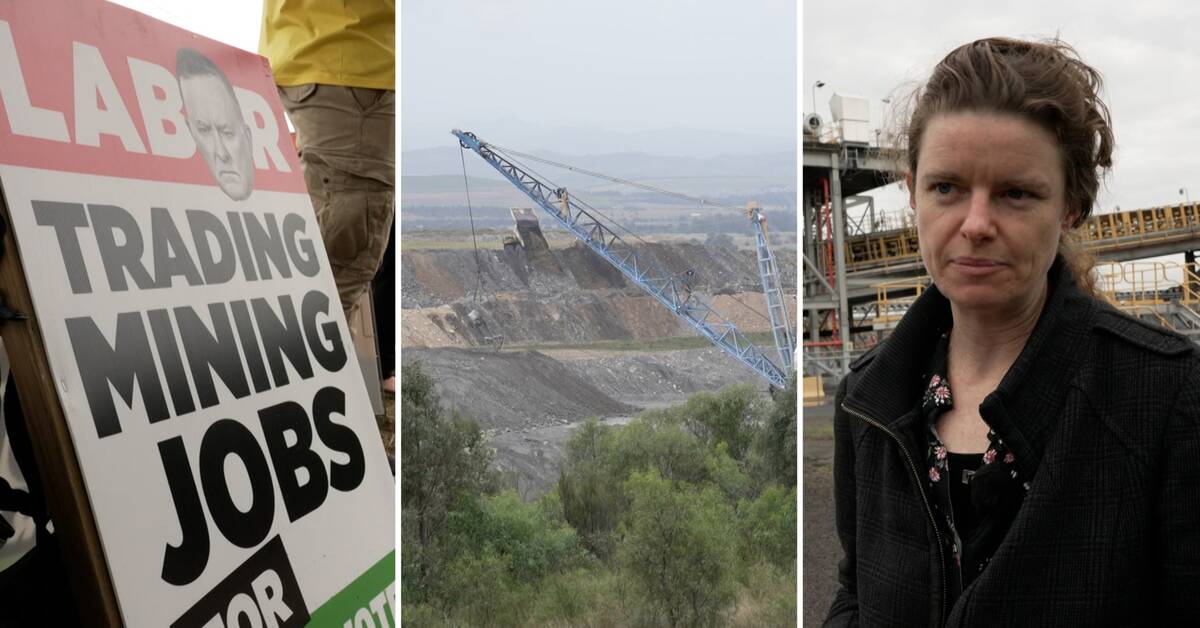"Defending the coal industry is a spinal reflex for local politicians in New South Wales," Georgina Woods told SVT News.
She looks out over the coal port of New Castle, one of the world's largest coal ports on Australia's east coast.
She represents the organization "Close the gate" which works to phase out coal and close all coal mines in Australia.
- Right now there is a small window open for change, she says, and refers to the possibility of influencing climate change.
- A number of renewable energy sources are ready to be developed and put into use with the support of research money and green funds.
But it's slow.
Australia is one of the world's largest exporters of coal, so the change we need to make is dramatic, and right now it does not feel as if politics has taken the lead.
Instead, they safeguard jobs locally, despite the fact that there is a great future in new green industries - a future that is both sustainable and economically advantageous.
Coal provides jobs
Georgina Woods is right that the jobs provided by the coal industry are not crucial to Australia's economy as a whole.
But locally in New South Wales, in places like Singleton and Muswellbrook, more than half of the residents are employed in or in connection with the coal industry.
When the management of the coal heating plant Eraring announced that they no longer think it is economically defensible to use coal as an energy source, politicians rejected it and claimed that the coal industry must be protected.
Reflex to protect the carbon
Protecting the coal industry at all costs is a spinal reflex and is partly due to memories of the crisis that arose when the steel industry in the same region shut down in the late 1990s.
At that time, an entire village was without livelihood, despite promises of help from politicians.
Professor Will Rifkin of the University of Newcastle told the Financial Times.
The coal industry has helped the town cope with several global financial crises since then and it has been a reliable provider.

